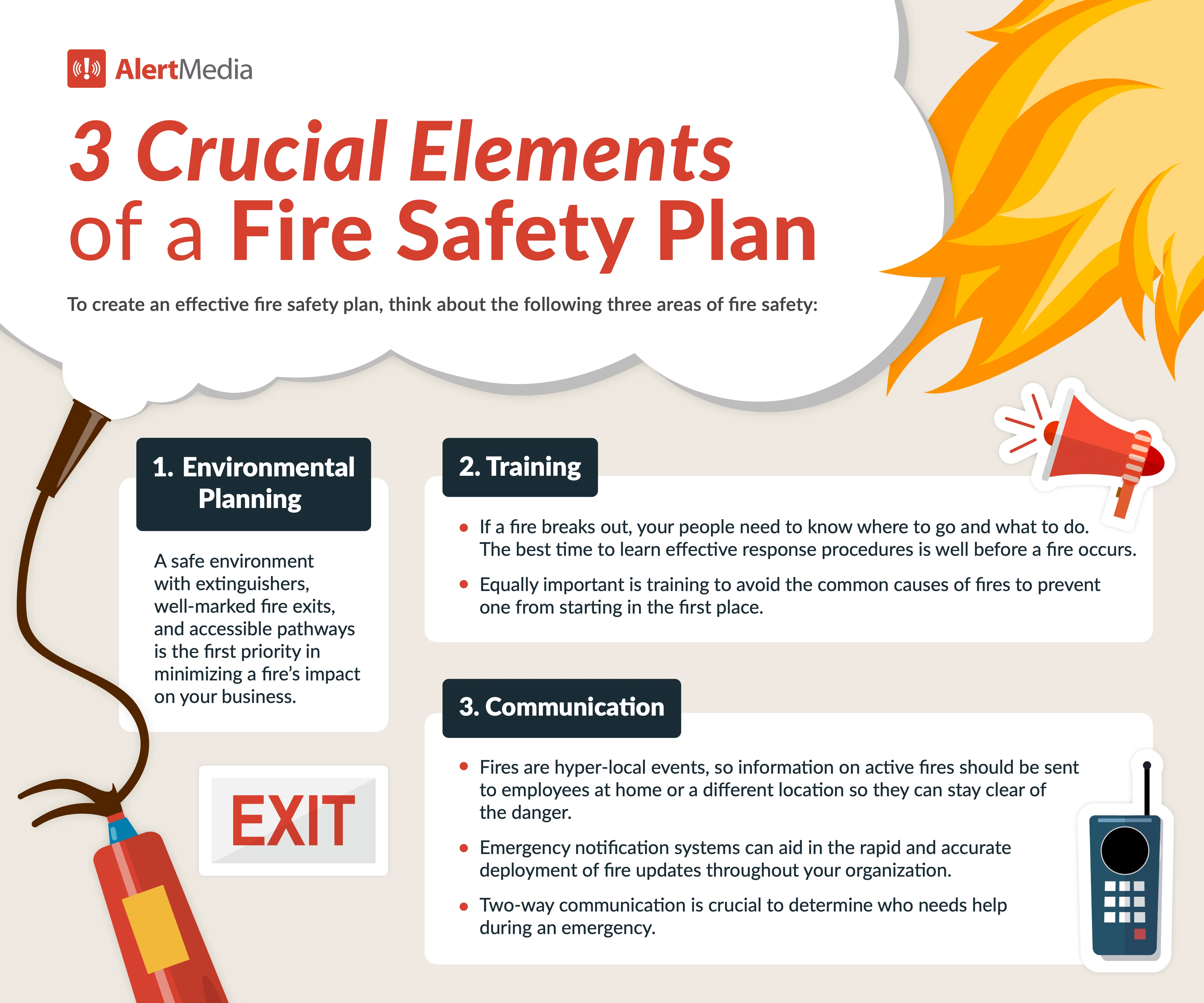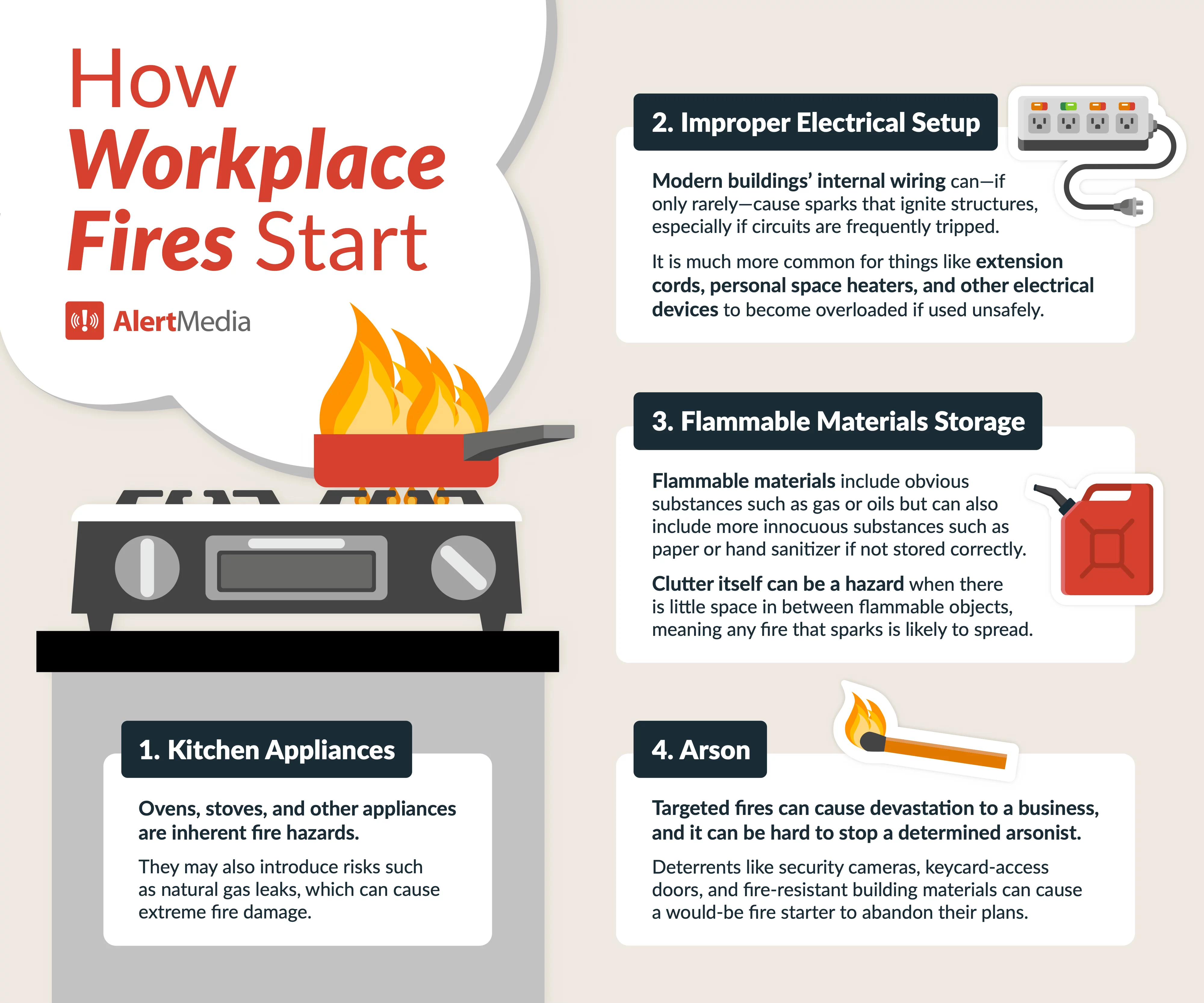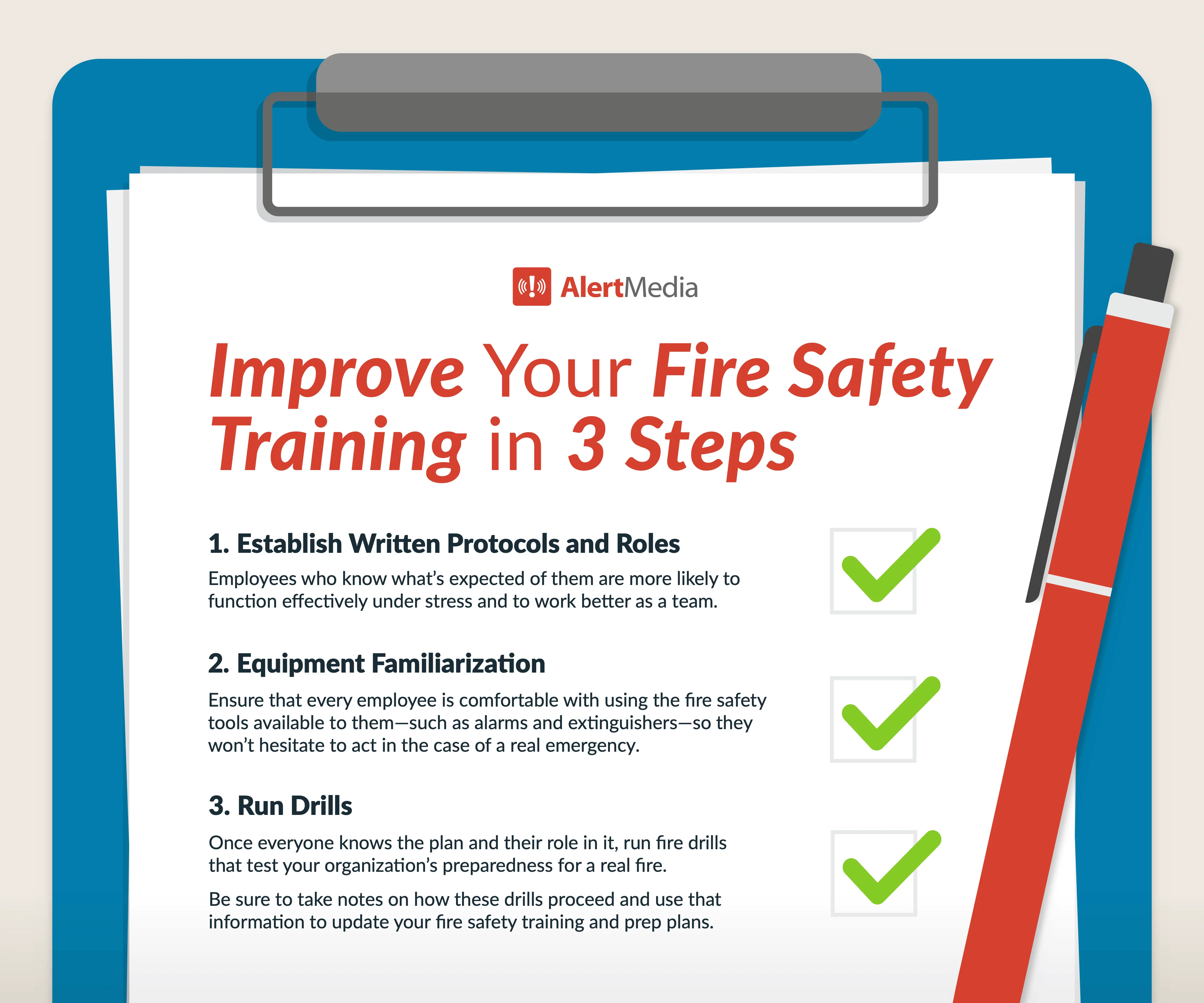Fire prevention might seem like a daunting task, especially when your operations and employees’ lives are at stake. But a thorough plan will help you maintain regular processes and equipment maintenance to stay safe. Read more about how to build your fire prevention plan in this blog post.
The Complete Guide to Fire Safety in 2024
A workplace fire can be disastrous for any business. But with the right planning and training, you can protect your people and facility from potential harm. Here is everything you need to know about fire safety in the workplace.
Workplace Fire Safety Checklist
Level Up Your Fire Safety
Good fire safety requires more than working smoke alarms and knowing when to call the fire department.
Home fire safety can be achieved by creating a home fire escape plan or installing smoke detectors in sleeping areas, but fire safety in the workplace is more complicated due to increased fire hazards and more people to account for. Instilling fire safety principles into your everyday business operations can be a life-saving investment.
This guide contains all the information, resources, and tools you need to keep your business operating and your employees safe.
Check out the blog posts and downloadable resources below for fire safety tips, templates, and recommendations to mitigate your risk. These tools will help ensure that if your building were to catch fire, you’d know how to respond.
Accidents do happen, but increasing your workplace fire safety can prevent an accident from becoming a catastrophe.
Fire Safety Resources
-
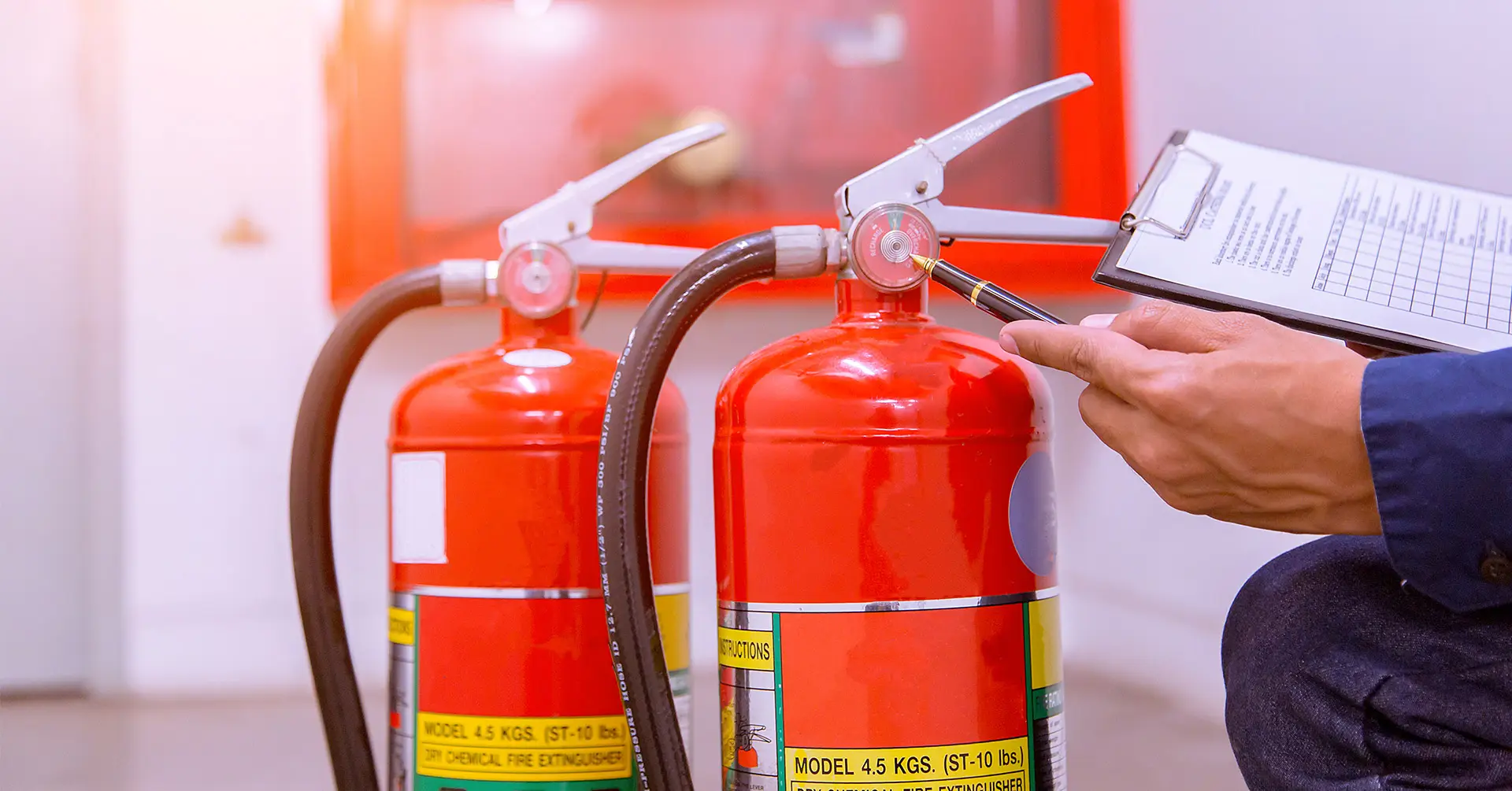 ToolsWorkplace Fire Safety ChecklistLearn more
ToolsWorkplace Fire Safety ChecklistLearn more -
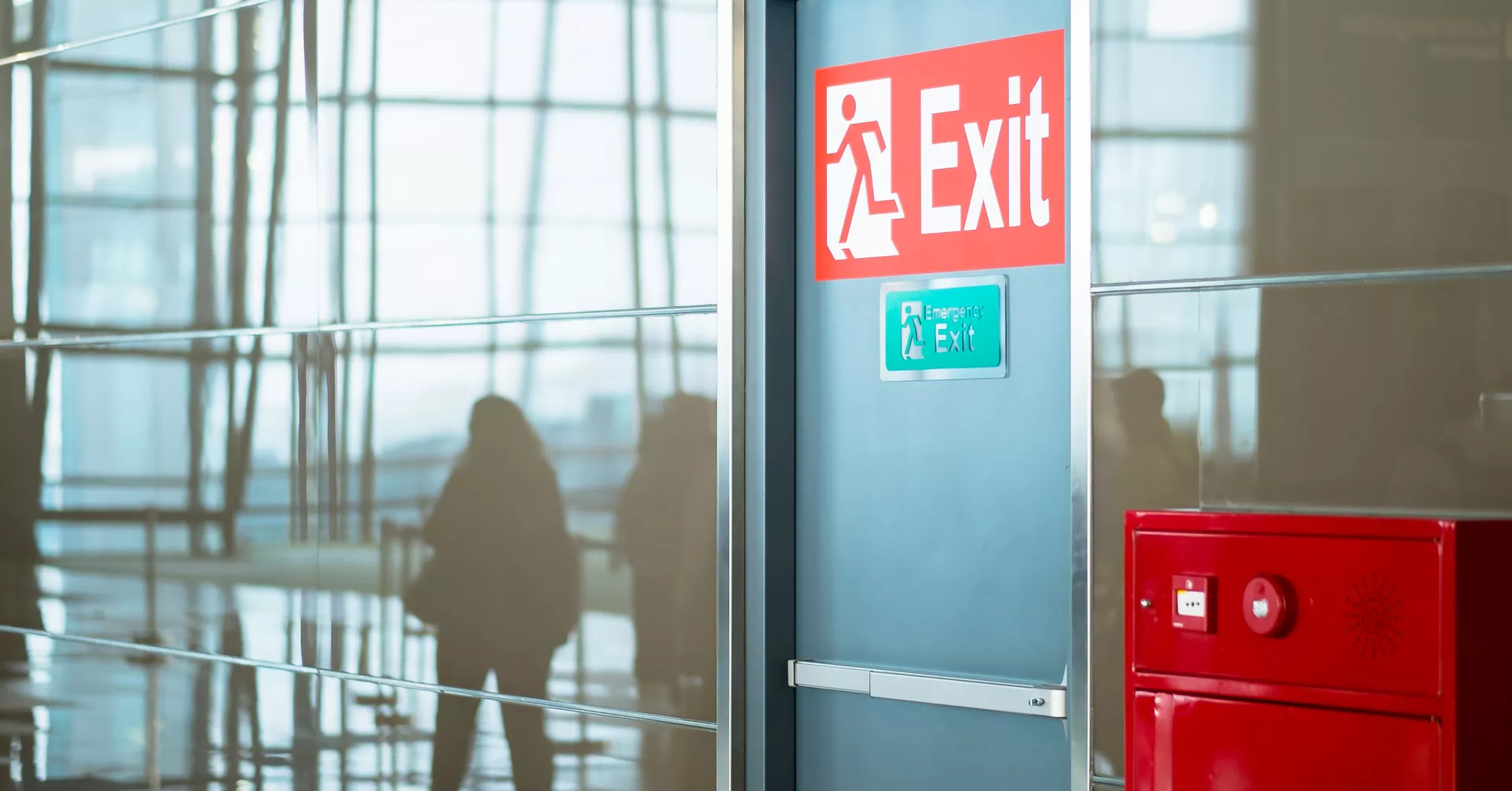 ToolsFire Evacuation Plan TemplateLearn more
ToolsFire Evacuation Plan TemplateLearn more -
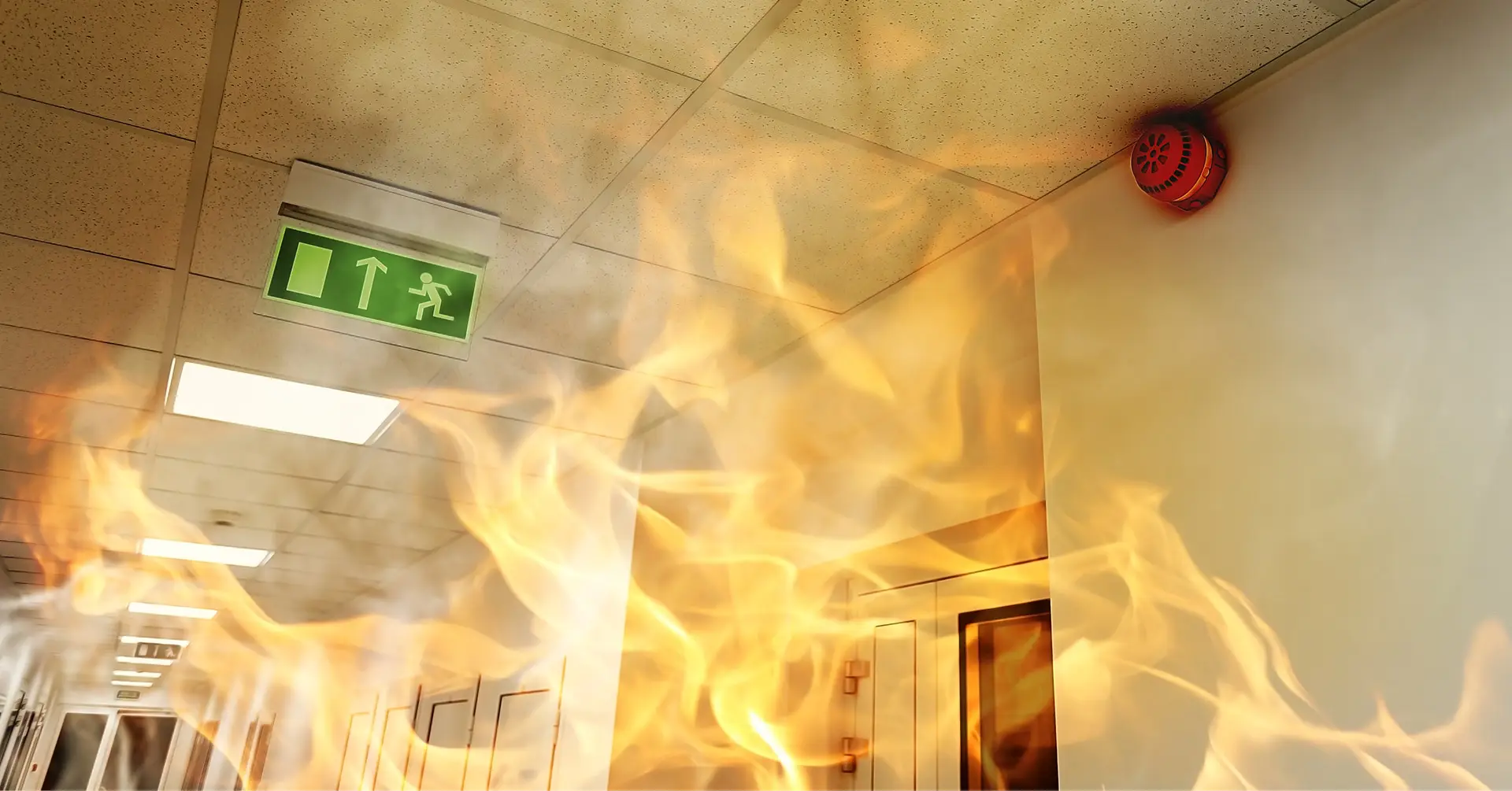 ToolsWorkplace Fire Communication TemplatesLearn more
ToolsWorkplace Fire Communication TemplatesLearn more -
 eBookWorkplace Fire Prevention and ManagementLearn more
eBookWorkplace Fire Prevention and ManagementLearn more -
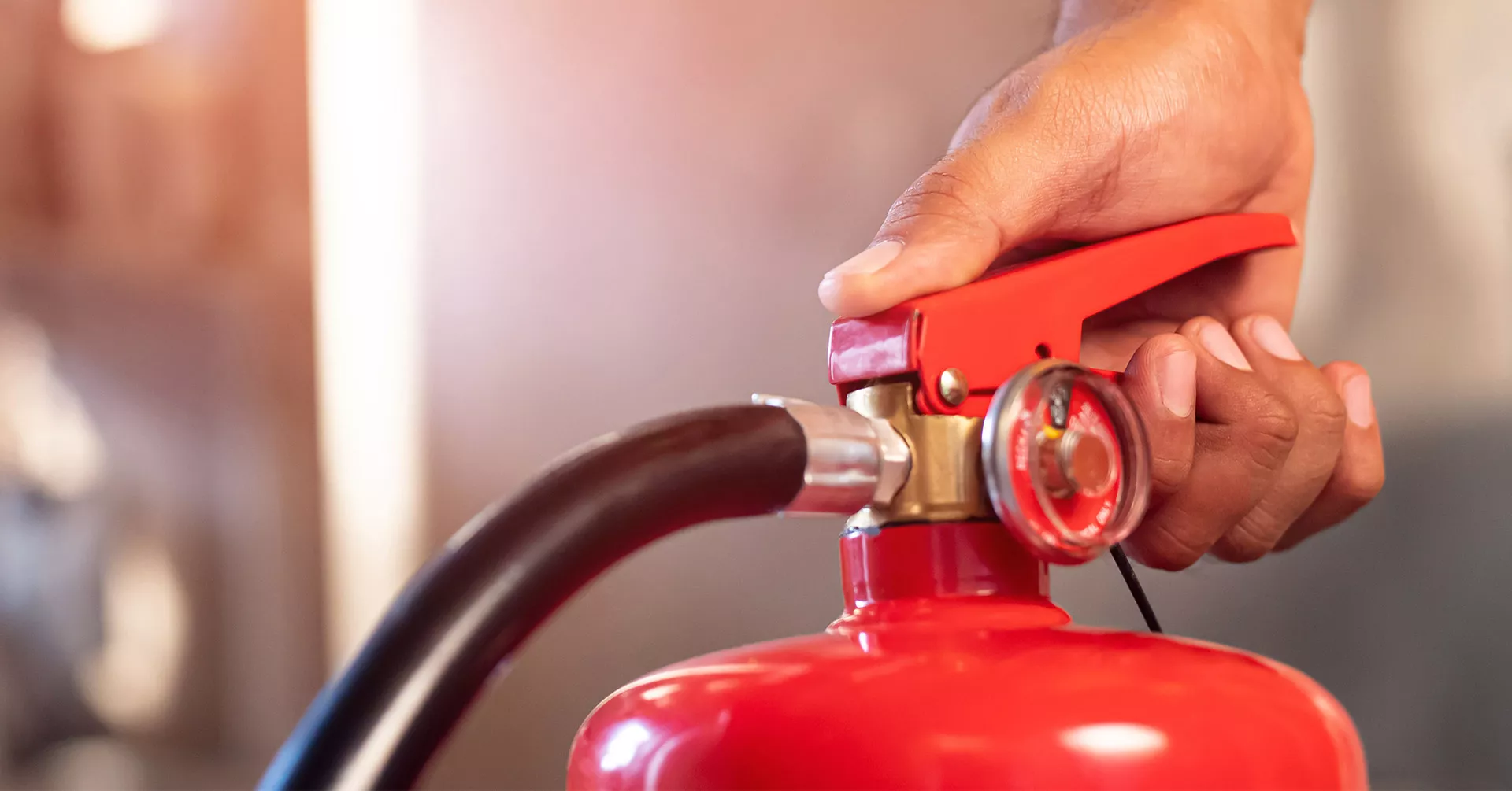 Video, WebinarLevel-Up Your Fire Preparedness StrategyLearn more
Video, WebinarLevel-Up Your Fire Preparedness StrategyLearn more -
 Podcast100 Years of Fire Prevention WeekListen now
Podcast100 Years of Fire Prevention WeekListen now
Understand Fire Safety in the Workplace
Fire Risks and Prevention
Understanding your organization’s specific fire hazards can help you prevent an emergency. Every workplace has at least a small chance of fire, but there are some factors that make your risk much higher and require more thorough safety efforts. If your facility has on-site risks, such as highly flammable combustibles, frequent cooking fires, or space heaters in the office, you need to have a risk management plan in place to prevent major incidents. Read our blog for more information about how to identify and mitigate common fire hazards in the workplace.
Fire Safety Do’s and Don’ts
If a fire breaks out at your business, you don’t want your employees hesitating or scrambling and putting themselves at greater risk. Learn about what your employees should (or shouldn’t) do when there is a fire in the workplace.
Build Your Fire Safety Strategy
Fire Prevention Plan
Workplace Fire Safety Tips
The best time to stop a fire is before it ever starts. Effective prevention requires regular attention to fire protection systems, including smoke alarms, fire extinguishers, and electrical safety, as well as general emergency preparedness. Check out these six workplace fire safety tips that will help you integrate proper prevention efforts and emergency planning into your workplace.
Fire Evacuation Plan
An organized evacuation can make all the difference in preventing undue harm to your employees. In our blog about building a fire evacuation plan, you’ll learn how to take into account emergency leadership, unexpected situations, and organized communication before, during, and after a fire. You’ll have everything you need to create an evacuation and fire response plan that makes sure everyone knows how to get out safely without panic.
Set up Regular Fire Safety Training
Fire Drills
Performing regular fire drills is one of the best ways to improve life safety plans in case of a fire emergency. When that fire alarm rings, your employees should know exactly how to evacuate, including where to go and how to do so safely. Learn about how to run a fire drill procedure at work in this blog post.
Here’s a quick video primer on how to conduct a successful fire drill:
Fire Prevention Week
Use national observance weeks or months, such as Fire Prevention Week, as a dedicated time to teach your employees all about fire safety on the job. Learn more about different national safety observances and how to use monthly safety topics to run focused safety meetings for your team.
Fire Safety Training for Employees
Ensure you can respond quickly and safely to a workplace fire emergency by establishing a training program. You should be practicing evacuation drills and teaching your employees about fire hazards like carbon monoxide and smoke inhalation. Learn more about how to build and conduct fire safety training for employees in this article.
Fire Safety FAQs
- When is fire prevention week?
National fire prevention week is from October 9th to October 15th. Every year, the National Fire Protection Association (NFPA) hosts fire prevention week to boost public safety and increase education around fire safety and prevention. This week is a great time to practice a fire drill or lead a fire safety training to make sure fire prevention is top of mind for your business.
- What is fire safety?
Fire safety is the process of working to prevent or respond to a fire (whether it is a structure fire or a wildfire) so nobody gets hurt. It can include strategies like testing smoke alarms, installing sprinkler systems, limiting fire hazards, and more. Home fire safety and business fire safety both depend on strong prevention and evacuation plans, as well as practice through fire drills and fire safety training. Integrating fire safety into your everyday operations will promote your overall safety and emergency preparedness.
- Why is fire safety important?
A fire in the workplace poses a deadly threat. In 2019, non-residential structure fires caused 110 deaths and cost more than $4 billion in property loss. But with the right preparation and safety efforts, you stand a greater chance of staying safe in a fire and lowering the overall cost of your response and recovery. In fact, for every $1 spent on preparedness, you can save up to $7 in disaster costs. Running fire drills will ensure your employees know how to evacuate safely, and following fire safety best practices can stop a fire before it starts.
- What are common fire hazards in the workplace?
Common workplace fire hazards vary based on industry, but there are several common risks:
- Electrical equipment and poorly maintained wiring
- Ovens and furnaces
- Flammable/combustible liquids and gasses
- Unsupervised portable heaters
- Poorly maintained boilers and water heaters
- Smoking outside of designated areas
- Accumulation of dust and flammable debris
Make sure you keep track of your specific fire risks so you can adequately train your employees in safe practices and establish fire prevention plans.
- Does OSHA regulate fire safety?
OSHA has several standards regulating fire safety in the workplace. There are standards relating to fire prevention plans and safe exit routes, as well as standards for safe handling of hazardous materials that could pose fire risks. You can find a full list of fire safety-related OSHA standards here.

